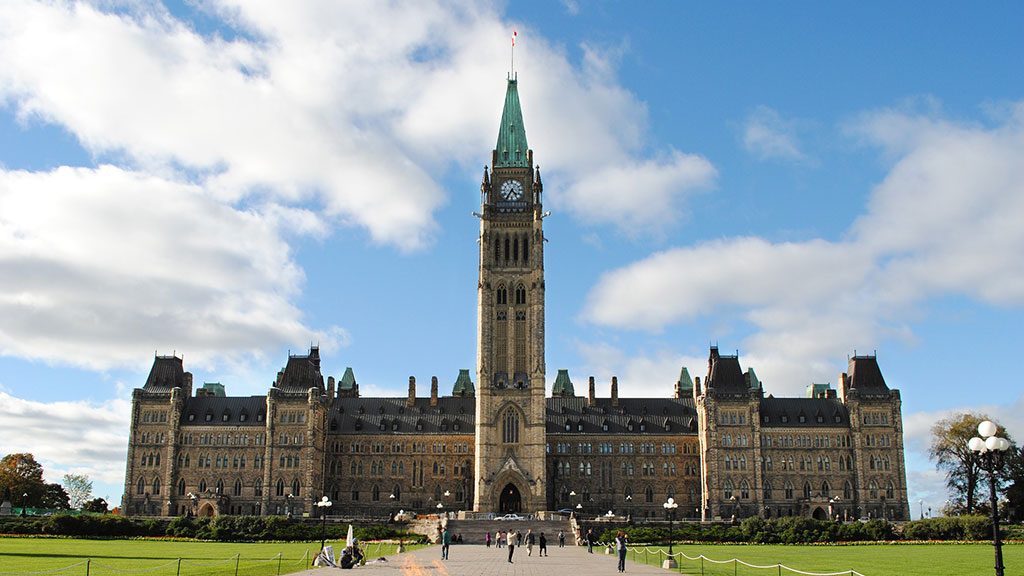OTTAWA — The federal government has released��, an action plan to modernize federal assessment and permitting processes and get projects that help fight climate change built faster.
The Ministerial Working Group on Regulatory Efficiency for Clean Growth Projects developed an action plan to drive clean growth project decisions to happen more quickly in order to advance work to secure investment and grow the economy in every region of Canada.
The process included seeking input and recommendations on how assessment and permitting processes can operate more efficiently and predictably, indicates a release.
The group heard actions must be guided by transparency, co-ordination, clarity and predictability; that these processes must continue to protect Canadians and the environment; and that Indigenous people are actively involved from the very beginning.
The working group prioritized solutions for how the federal government can drive timely decisions and faster accomplishments, without cutting corners and proposes concrete steps to make current processes more efficient by clarifying and reducing timelines, mitigating inefficiencies, reducing duplication and improving engagement, the release adds.
Key actions include:
- Assessment and permitting targets of five years for federally designated projects, two years or less for non-federally designated projects, and three years for nuclear projects.
- Establishing a Crown consultation coordinator to ensure meaningful Crown consultation with Indigenous people on the issuance of federal authorizations.
- Establishing a federal permitting coordinator on clean growth projects within the Privy Council Office’s Clean Growth Office and issuing a cabinet directive that clearly outlines roles and responsibilities for all relevant federal departments.
- Using Natural Resources Canada’s Regional Energy and Resource Tables, which are currently stood up with 11 out of 13 jurisdictions, to test permitting efficiencies and find better ways to co-ordinate with provinces and territories.
- Amending the��Impact Assessment Act.
- Standing up a new federal permitting dashboard that will provide a public snapshot of the status of clean growth projects that require federal assessment and permitting decisions.











Recent Comments
comments for this post are closed